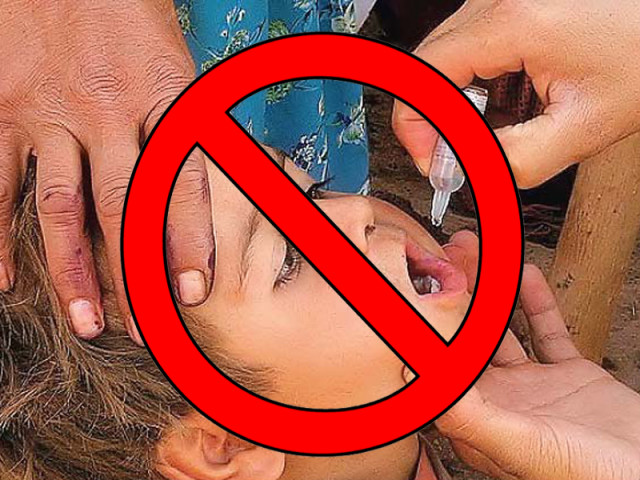Resistance to polio vaccination
The Taliban ruling has led to a suspension of the campaign in the Waziristan area, affecting some 250,000 children.

The Taliban ruling has led to a suspension of the campaign in the Waziristan area, affecting some 250,000 children. If they are not vaccinated in this round, the polio virus would be given dangerous space in which to strike. So far, Pakistan has been faring better in its fight against polio this year as compared with 2011, with only 22 cases reported so far as compared with 59 by the same period last year.
There is a possibility that there may already have been further repercussions from the Taliban ban. A UN team carrying out the anti-polio campaign in Karachi was shot at near the Sohrab Goth area. A Ghanian doctor and his driver were both injured. There is, as yet — and as the World Health Organisation has emphasised — no direct link to events in the north. But given that the area contains a huge Pakhtun and Afghan population, the possibility of a spillover is very real. If the trend spreads, it would be tragic with health workers in Islamabad already quietly expressing fears that this could happen.
For now, government representatives are said to be attempting to persuade the Taliban and particularly Commander Bahadur to change their minds. However, little progress is reported. As has happened before, militants have used efforts to halt anti-polio campaigns as a means to put across their own message. The most affected by this are children of the tribal areas who have, at any rate, been deprived of vaccination for far too long as a result of the conflict raging in the region where they live.
Published in The Express Tribune, July 19th, 2012.








1724319076-0/Untitled-design-(5)1724319076-0-208x130.webp)






COMMENTS
Comments are moderated and generally will be posted if they are on-topic and not abusive.
For more information, please see our Comments FAQ